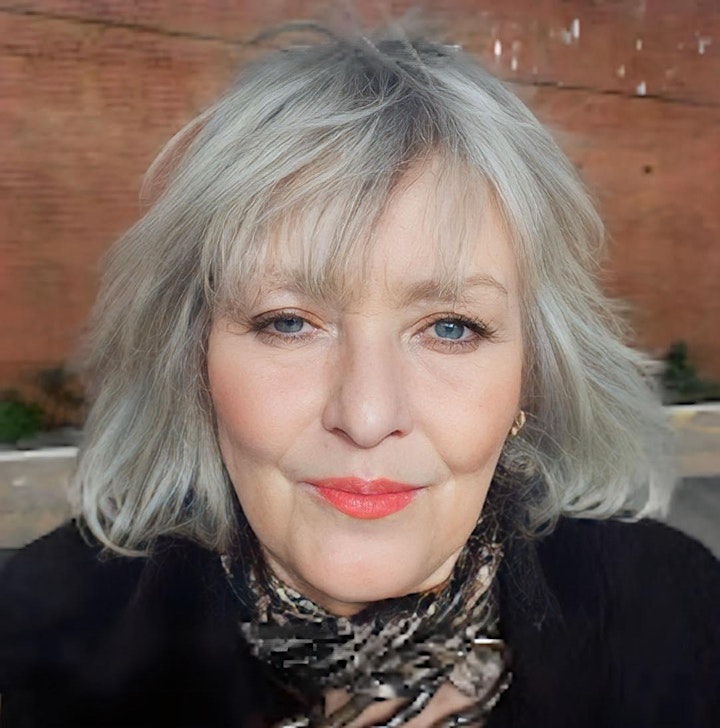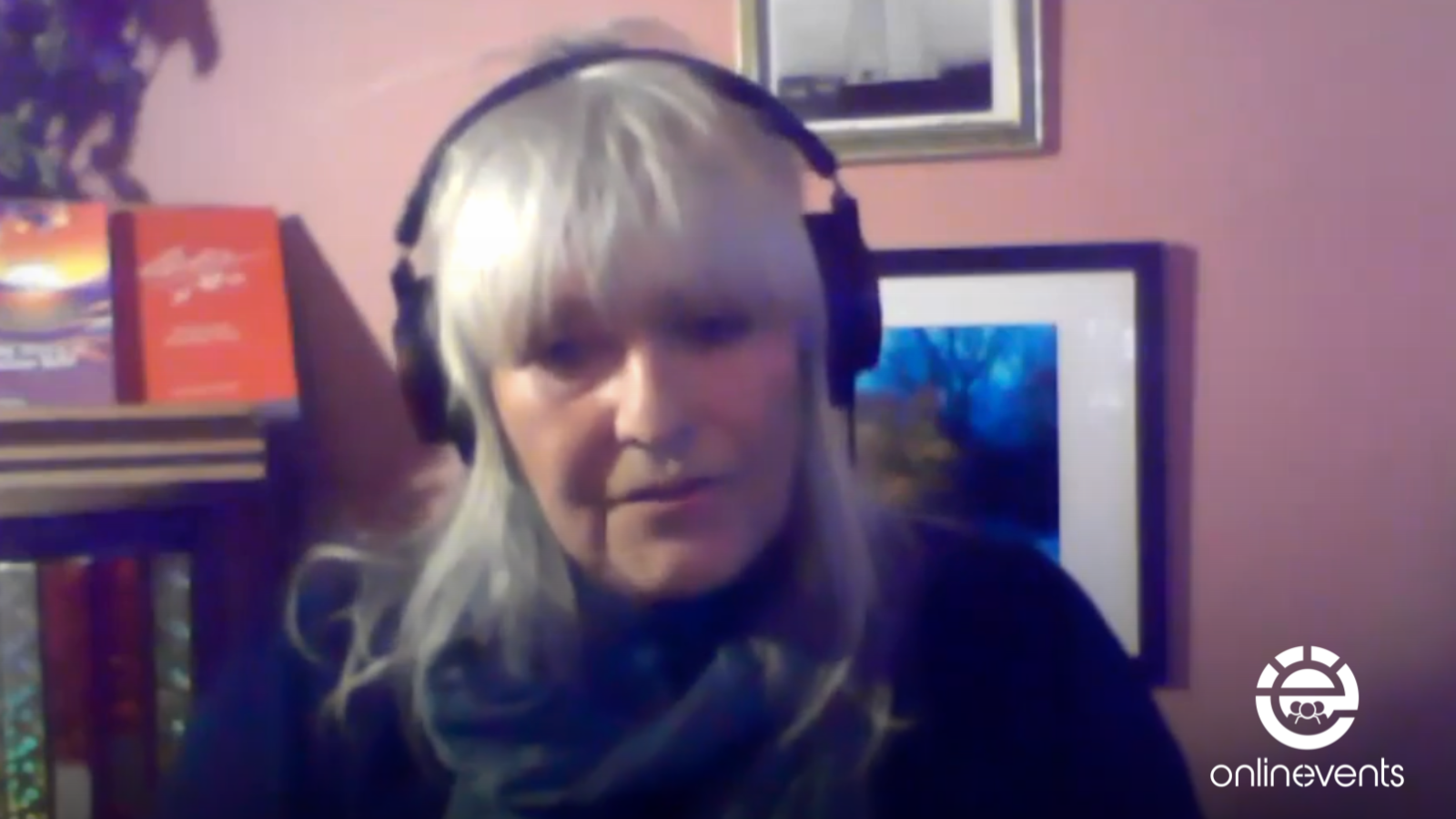John and Catherine seek to explore the innovations that are being presented to those seeking psychotherapy or ‘treatment’ that are engaging with ancient traditions, including the use of psilocybin and Ayahuaska, along with substances more commonly associated with LSD, which exploded into the countercultural revolution of the 60’s and 70’s. At the time when Carl Rogers was grappling with social injustices and the impact it had on a person’s psychological health, there was a movement convinced that by using 100% pure LSD people could gain their own insights that would benefit their lives and ultimately the future of the planet, and enable them to adjust their life style accordingly.
In 1995 Catherine Hayes met one of the main people behind what was described as a ‘conspiracy to flood the world with LSD’ when they were both training to be person-centred psychotherapists at the University of East Anglia with Professor Brian Thorne and Dr Judy Moore. Christine was imprisoned for her efforts in 1978 in the harshest prison wing in the country at the time. Carl Rogers was aware himself, that his thinking and wish to empower people could result in those supporting his ideas would be ‘locked up’ if there was ever a dictatorship in the USA.
In 2006 Christine decided she wanted her story heard. Sadly she did not live to see this and died in 2007. She left Catherine her memoir and subsequently Catherine has self published two books telling the story.
Course Content
Presenter

Catherine encountered the worst aspects of the counter cultural revolution in the 1970’s when as a hippy teenage runaway, she suddenly found herself being ‘traded’ for LSD , resulting in much trauma, including being committed for a year in a psychiatric hospital where she was administered ECT on a weekly basis for months on end. No one had asked her what had happened to her.
After 13 years of finding ways to help herself survive these traumas, she found the work of Carl Rogers and so in 1994 , was accepted to train in the person-centred approach at the University of East Anglia. Mainly working in the voluntary sector, Catherine was driven to support people in the attitudes of the approach as she knew first hand that the mental health system itself was brutal and damaging. Eventually she travelled to La Jolla (USA) where she offered a presentation for Carl Rogers centenary, with Brian Thorne called ‘The Cost of Integrity’. There she met many of the movers and shakers of the Person-Centred Approach and most importantly connected to Pete Sanders and Maggie Taylor Sanders who had established PCCS Books. She was approached to be involved in the M A in person-centred experiential counselling at the University of Nottingham, where she worked for 12 years.
Thirty years on from gaining her ‘diploma’ she is now a self publisher and seeks to encourage others to broaden their considerations around the application of person-centred attitudes.


